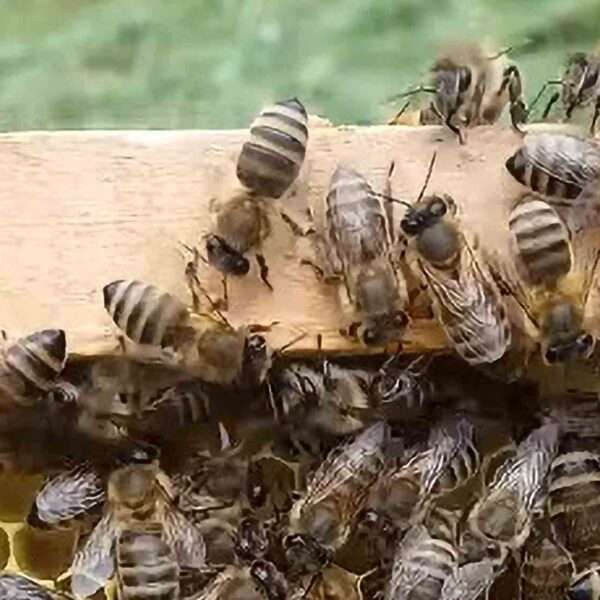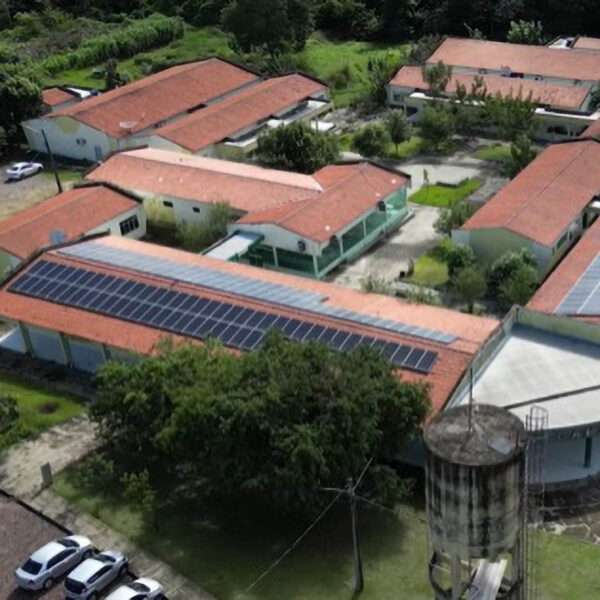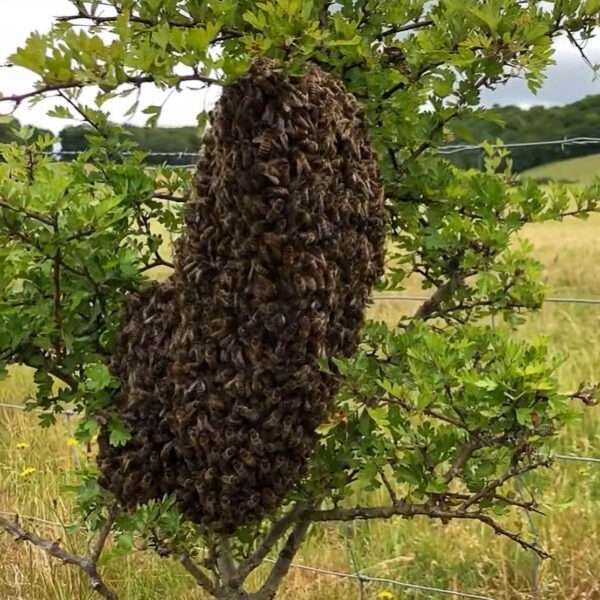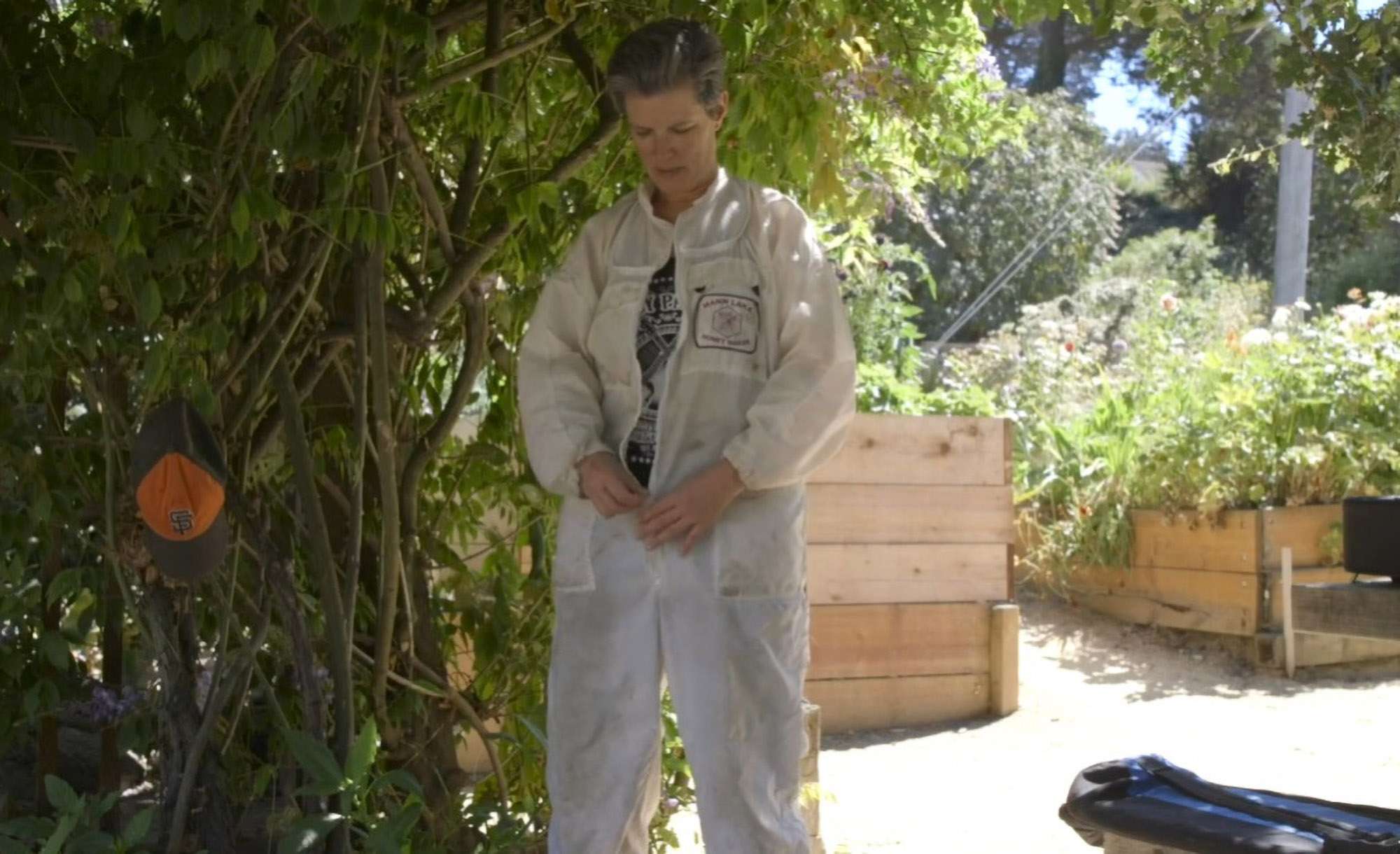The annual cost of restoring the loss of biodiversity which has already happened all around the world would surpass USD 700 billion, an insurance company has warned.
The research department of the globally operating insurer Allianz Trade warns in a new study that the financing gap to restore biodiversity until 2030 is estimated at USD 711 billion per year (EUR 630 billion, GBP 580 billion).
Study author Markus Zimmer – who is a senior economist at Allianz Trade Economic Research in Munich, Germany – said: “Financial institutions may face financial, market, reputational and legal risks when they invest in economic activities that cause adverse effects on biodiversity or are highly dependent on natural capital.”
He underlined: “Protecting biodiversity provides huge opportunities for investments.”

In his study entitled ‘The new risk frontier in finance: Concepts, challenges and a first quantitative case study on pollination biodiversity loss,’ Zimmer explains: “In contrast to climate change, where local emissions have global consequences, impacts on biodiversity stay mainly local, leading to a very heterogenous map of biodiversity losses and resulting risks.”
The Allianz economist revealed: “We can concretely establish, for example, that a 20 per cent loss in pollination activity would cut US agricultural production by 1.3 per cent.”
His investigation also found that total eradication of pollination activity would reduce the United Kingdom’s agricultural output by two per cent whereas Belgium’s farmers would even suffer a 7.9 per cent decline.
However, the Allianz Trade study also indicates that the industrial and services sector “could indirectly benefit” from a decrease in pollination by domesticated honeybees and the various solitary bees such as sweat bees and bumblebees.
Referring to a Swiss Re study from 2020, Zimmer and his co-authors Arne Holzhausen and Stefan Landau point out that “55 per cent of the global economy depends on well-functioning biodiversity and ecosystem services.”
The Allianz Trade economists estimate that “the battle for a nature-positive economy” can “stir the financial sector into action.”
They conclude: “In that respect, the present report is just the first step of a long journey.”











